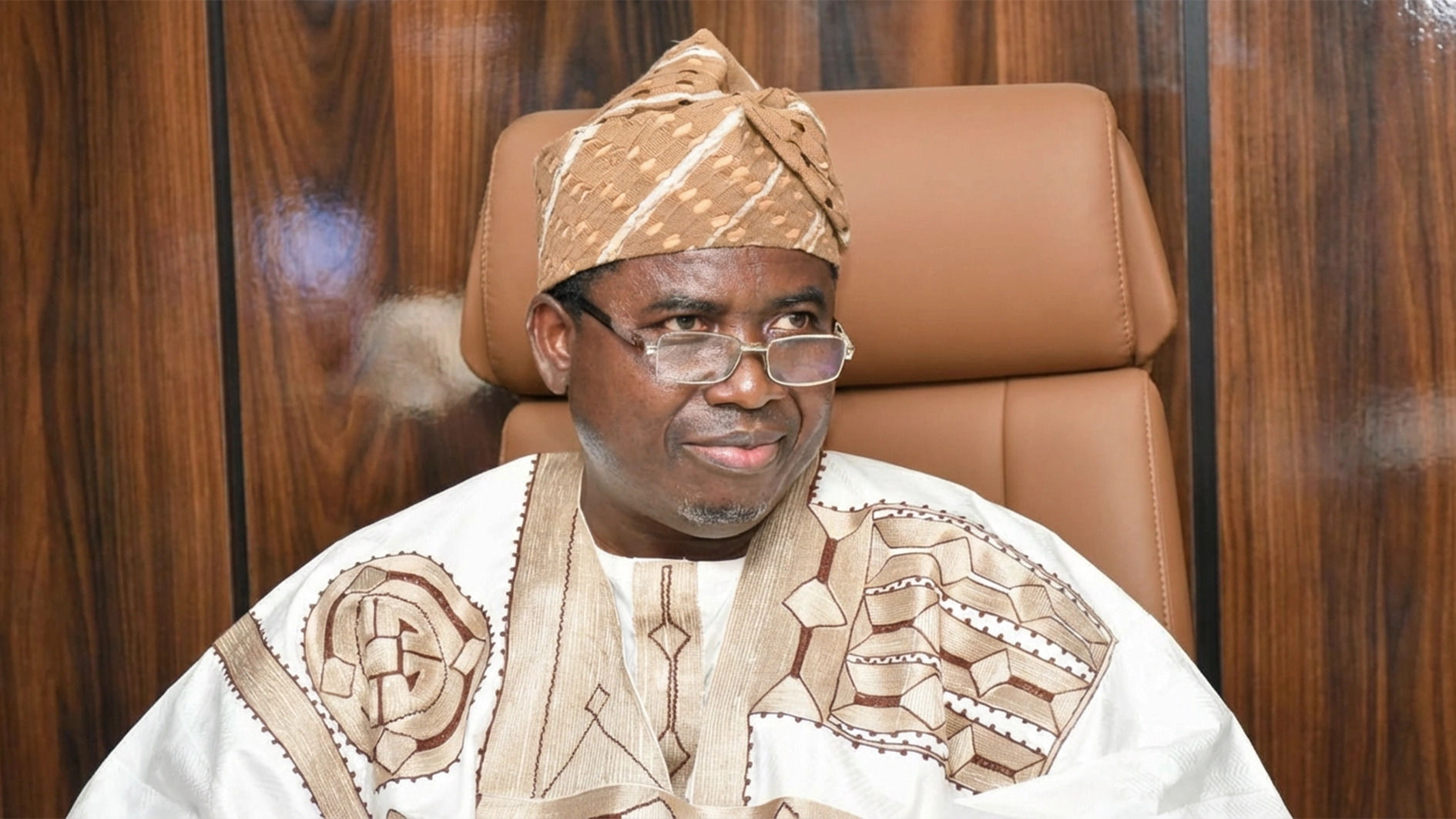Some exhibitors at the 8th National MSME Clinic, held at the Calabar International Convention Centre (CICC), have accused the Federal Government of failing to pay the ₦250,000 grant promised to small business owners who participated in the programme.
The event, which took place on August 12, 2025, was attended by Vice President Kashim Shettima as part of efforts to support small businesses under the Renewed Hope Agenda.
During the event, the Vice President announced that selected businesses would receive ₦250,000 each as a grant to support their work. However, a few weeks later, in an exclusive interview with The Guardian in Calabar, many exhibitors claim they were led to believe that all participants would receive the money, and that they had spent their own funds preparing for the exhibition.
A shoemaker and owner of Akumaye’s Global Conglomerate, Larence Akumaye, said organisers asked them to attend training sessions, improve their branding, and prepare their businesses for display. He said he followed all instructions, expecting to benefit from the grant.
“I spent money on labels, stickers, and packaging. We were told to make our booths look good. However, on the day of the event, the Vice President only walked past one side of the hall, where the red carpet was laid. He didn’t see most of us.
“Now they are saying only ‘unique businesses’ were paid. But we were never told there would be a selection process,” he said.
Kuku Oden, who runs Jodenke Natural Products, a fresh juice business, said she spent over ₦150,000 on transport, production and packaging for the event. She stated that she had submitted her account details and other requested documents, but had not received payment.
“Some people said they got alerts after the event, but most of us didn’t. We were later informed that staff from the Vice President’s office had taken over the payment process. We were left confused,” she said.
She also raised concerns about the way the event was organised, saying many exhibitors were placed in separate halls with little visibility or customer engagement.
“It felt more like a showcase than a proper exhibition. Most of us made no sales and received nothing afterwards. They even locked the WhatsApp group where we shared updates, now only the admin can post,” she added.
Rosemary Kekong, who runs Rosie Kess Integrated Farmer, expressed her anger over the program’s outcome. She said she brought fresh farm produce, believing the ₦250,000 grant would help expand her business.
“They treated us like we didn’t matter. We brought our products from different parts of the state, spent money, and yet we were not paid. Later, we saw that people who were not even on our exhibitor list were credited,” she said.
She called on the government to conduct a thorough review and ensure that all qualified exhibitors are paid.
In response, the Director-General of the Cross River State Microfinance and Enterprise Development Agency (MEDA), Mr. Great Ogban, explained that only 30 businesses were paid, based on recommendations from the team that accompanied the Vice President.
“The Vice President said unique businesses would be selected for the ₦250,000 grant. His team went around and picked those businesses. MEDA only verified the list before payment. We didn’t handle the selection or the money,” he said.
Mr. Ogban also stated that all exhibitors were provided with booths at no cost and that MEDA fulfilled its role in hosting the event.
However, many participants disagree, arguing that the process lacked transparency. They insist that the promise of support encouraged them to spend their personal resources and that the outcome was unfair.






